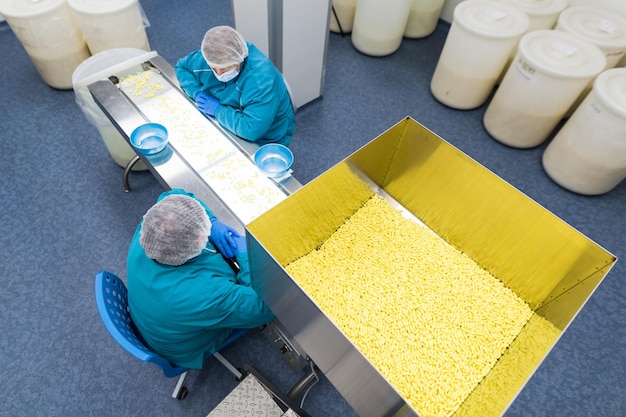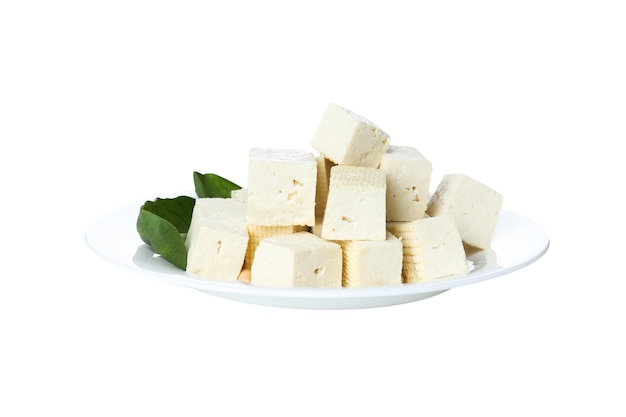Tofu has long been a staple in Asian cuisine and a cornerstone of plant-based diets worldwide. Yet, despite its popularity, it remains one of the most debated foods in modern nutrition. Is tofu a health hero packed with protein and essential nutrients, or a hormonal hazard that could disrupt your body’s balance? In this comprehensive guide, we’ll dive into the science to answer the burning question: Is tofu good or bad for your health?
Tofu, also known as bean curd, is made from soybeans, water, and a coagulant. It’s created by curdling fresh soy milk, pressing it into a solid block, and cooling it—similar to how cheese is made from dairy milk. Available in various textures from silken to extra-firm, tofu is prized for its versatility and mild flavor that absorbs seasonings well.

One of the main reasons tofu is celebrated is its impressive nutritional content. A 3.5-ounce (100-gram) serving of firm tofu typically contains:
This makes tofu a nutrient-dense food—high in protein and essential minerals while being low in calories and free of cholesterol.
Numerous studies support the health benefits of including tofu and other soy foods in a balanced diet.
Tofu is a complete protein, meaning it contains all nine essential amino acids your body can’t produce on its own. This makes it a valuable protein source for vegetarians, vegans, and anyone looking to reduce meat consumption.
Soy protein has been linked to lower LDL (bad) cholesterol levels. The U.S. Food and Drug Administration (FDA) once authorized a heart-health claim stating that 25 grams of soy protein per day, as part of a diet low in saturated fat, may reduce the risk of heart disease—though this claim has been reevaluated, the evidence still supports modest cardiovascular benefits.
Tofu contains isoflavones, which are phytoestrogens—plant compounds that mimic estrogen in the body. Some research suggests these can help reduce hot flashes and other menopausal symptoms in certain women, though results are mixed.

Many tofu products are made with calcium sulfate, making them a good source of calcium. This, combined with other minerals like magnesium and phosphorus, supports strong bones and may help prevent osteoporosis.
Some population studies, particularly in Asian countries where soy consumption is high, have linked tofu intake with a reduced risk of breast and prostate cancers. While not conclusive, the isoflavones in soy may have protective antioxidant and anti-inflammatory effects.
Despite its benefits, tofu has faced criticism over the years. Let’s address the most common concerns with scientific evidence.
One major concern is that soy isoflavones may disrupt endocrine function. However, multiple reviews, including those from Healthline and Health.com, conclude that moderate consumption of soy foods like tofu does not negatively affect testosterone in men or fertility in women. The estrogenic effect is weak and does not equate to hormonal imbalance in most people.
Soy may interfere with thyroid hormone absorption in people with iodine deficiency or untreated hypothyroidism. However, for individuals with adequate iodine intake and normal thyroid function, soy is not a concern. Cooking tofu also reduces its goitrogenic activity.
Much of the world’s soy is genetically modified and grown with herbicides like glyphosate. If this is a concern, choosing organic or non-GMO tofu can mitigate exposure. However, regulatory agencies consider GMO soy safe for consumption.

Tofu is incredibly versatile. Try it:
Moderation is key. The consensus among nutritionists is that 1–3 servings of whole soy foods per day are safe and beneficial for most people.
Based on current scientific evidence, tofu is good for your health when consumed as part of a balanced diet. It’s a nutritious, low-cholesterol, plant-based protein that offers multiple health benefits without significant risks for the general population.
While concerns about soy persist, decades of research suggest that fears are largely overstated, especially when it comes to whole soy foods like tofu, edamame, and tempeh—rather than highly processed soy isolates.
In short: Embrace tofu as a healthy, sustainable protein option—but choose whole, minimally processed forms and enjoy it in moderation.

Health

Health

Health

Health

Health

Fitness

Health

Health